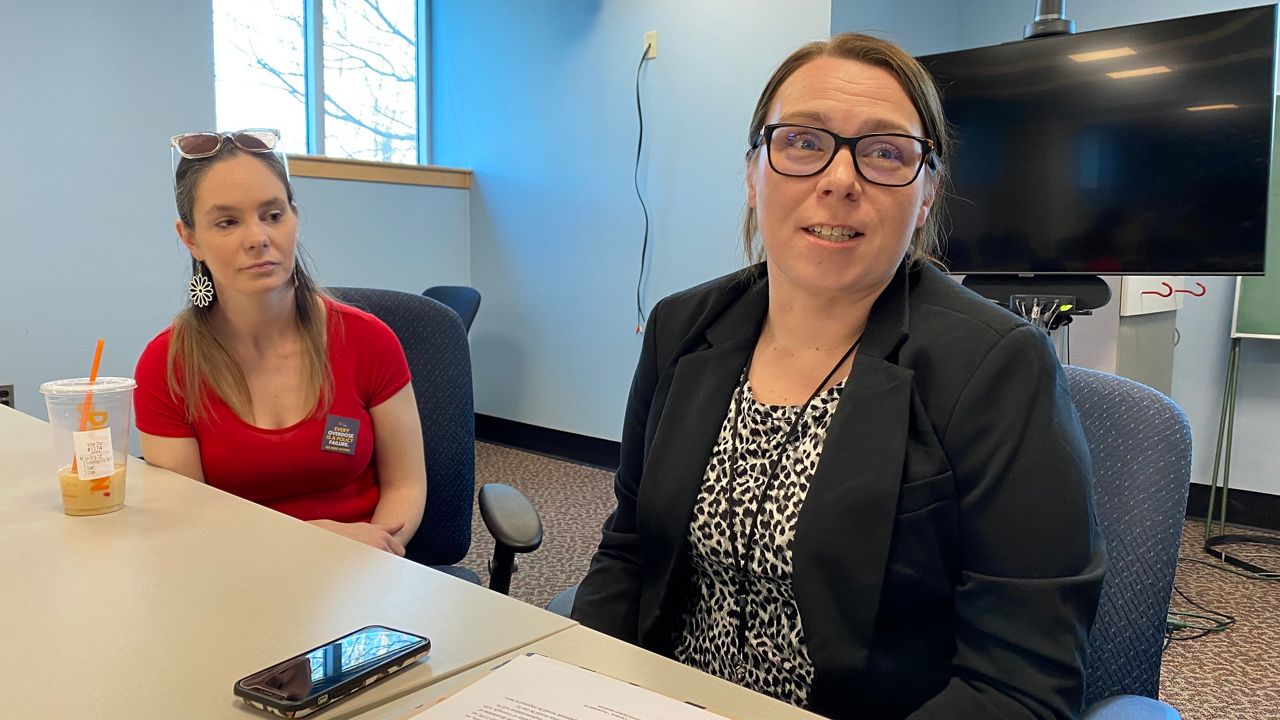Marion Anderson’s reason to support a harm reduction center in Maine is simple.
“I’m tired of my friends dying,” she said Monday.
Anderson and others spoke at the State House in support of LD 1159, which would create a pilot program to open a harm reduction health center.
Harm reduction centers provide safe indoor spaces for people to use drugs, receive counseling and get health service referrals. The legislation directs the Maine Department of Health and Human Services to create a 2-year pilot project to open a center.
It does not specify where the center would be located but says that a city or town’s governing body would have to vote to allow one to open.
The legislation comes as Maine continues to grapple with an increasing number of overdose deaths. An estimated 716 Mainers died of an overdose in 2022, the third straight record-setting year.
“Folks are dying alone in the bathrooms of Dunkin’ Donuts,” said Anderson, who has worked as a recovery coach at a syringe exchange and in peer support. “People don’t have access to safe supply, or safe spaces or detox, hospitals. There’s so many barriers in place.”
Data distributed by the Maine Recovery Advocacy Project shows that there are more than 120 harm reduction centers across the world and that there has never been a fatal overdose at any of them.
The Maine legislation describes the new center as “a community-based resource center offering health screening, disease prevention and recovery assistance services where a person may safely use previously obtained controlled substances.”
Chasity Tuell of Maine Access Points, which provides syringes, overdose prevention education and the overdose reversing drug naloxone, said the centers could be especially vital in larger cities.
“Looking at our bigger cities that already have homeless encampments this is a great place for people to gather and we’ll no longer see or hear about the discarded syringes that Bangor especially seems to be grappling with,” she said. “It’s giving people innovative strategies to truly meet people where they are at.”
Tuell said funding for the pilot program could come from the Maine Recovery Council, a board that will distribute millions in opioid settlement funds.
Mikki Rice, director of health education at Maine Access Points, said the centers do more than prevent overdoses.
“More people are shown to enter into treatment when they attend centers like this,” she said. “They can really be a place for somebody to find community.”
The Legislature’s Health and Human Services Committee was scheduled to take testimony on the bill Monday afternoon, with a work session to follow in the coming weeks.



